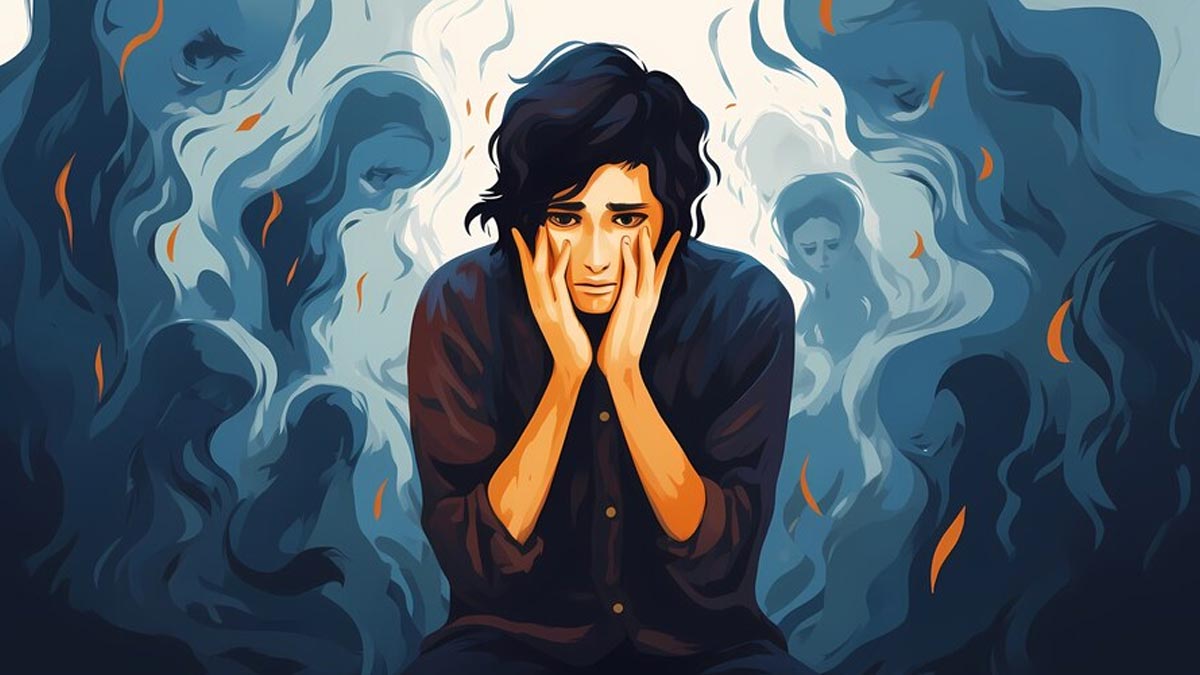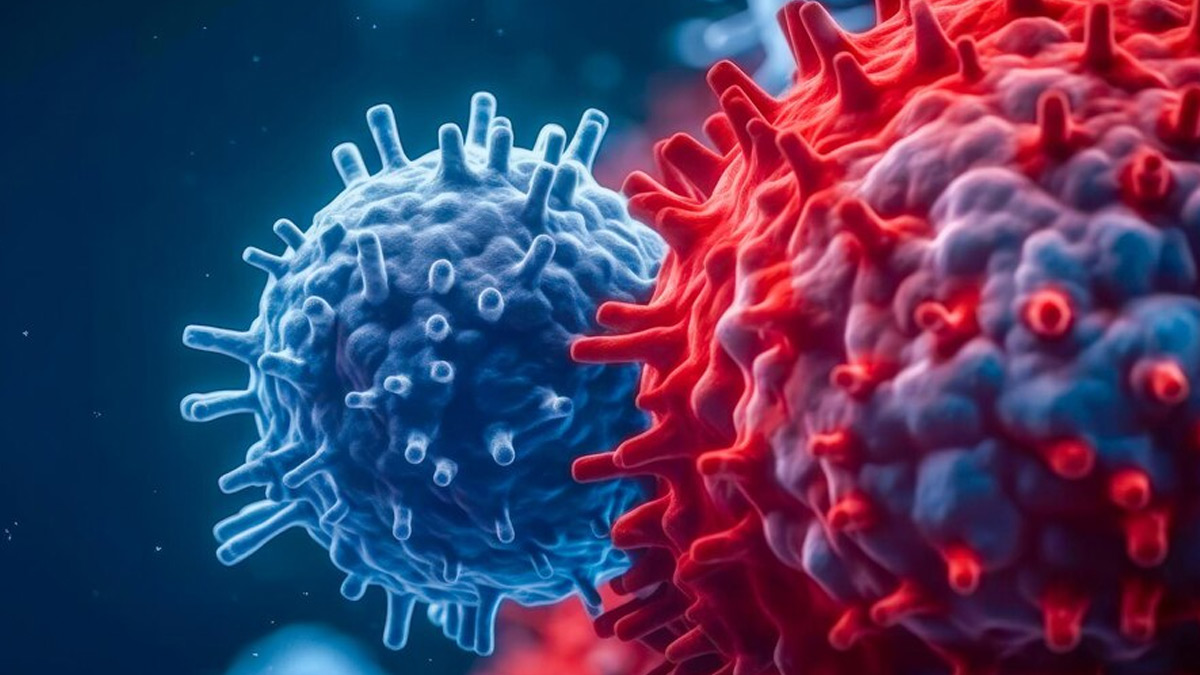
Amid the ongoing global impact of COVID-19 and its newly emerging JN.1 Omicron sub-variant, it's important to understand how it might affect mental health in the long run. A recent study led by researchers from West Virginia University has suggested a connection between COVID-19 and Schizophrenia Spectrum and Psychotic Disorders (SSPD).
Table of Content:-
The researchers used information from over 19 million patients to compare different groups: those with Acute Respiratory Distress Syndrome (ARDS), those who tested positive for COVID-19, and those who tested negative for COVID-19. The goal was to accurately measure how COVID-19 could impact SSPD.
What Is Schizophrenia?

Talking to the team of OnlyMyHealth, Pragati Goyal, Lead Clinical Psychologist, Lissun, explained, “Schizophrenia is a psychotic condition which blurs the line between imagination and reality. frequently results in a loss of awareness of reality. This disorder is characterised by visual and auditory hallucinations.”
Goyal added, “The exact cause of schizophrenia is still not known but research is still ongoing. Scientists currently believe that this disorder is caused by a combination of brain chemistry, genetic predisposition, and environmental factors, contributing to the illness.”
According to a study published in Frontiers in Human Neuroscience, schizophrenia probably runs in families, however, no particular gene has been identified yet that may be responsible for the condition.
Goyal informed, “Conditions like exposure to a deadly virus, problematic pregnancies, and problematic deliveries, have been related to an increased risk of schizophrenia.” This is further corroborated by the latest study that links COVID-19 with an increased risk of schizophrenia. Fortunately, schizophrenia can be managed using antipsychotic drugs, psychotherapy, and support services.
Also Read: Study Reveals, COVID-19 Can Paralyse Vocal Cords Of Teenagers
Link Between COVID And Schizophrenia

The researchers used various tests to make sure the findings were reliable, and they confirmed the associations. Interestingly, the study discovered that younger individuals faced a higher risk of schizophrenia after getting COVID-19, which wasn't seen in the other groups.
This is what the study found:
- The study looked at three time periods: 0-21 days, 22-90 days, and beyond 90 days after COVID infection.
- COVID-19-positive patients consistently showed a higher risk of developing schizophrenia in all three time periods compared to ARDS and COVID-19-negative patients.
- The risk was 4.6 times higher from 0-21 days after infection.
- The risk was 2.9 times higher from 22-90 days after infection.
- The risk was 1.7 times higher beyond 90 days after infection.
These results, combined with what we already know about how SARS-CoV-2 affects the brain, emphasise the importance of carefully assessing and supporting mental health, especially in the era of Long-COVID and among younger populations. Additionally, it is essential that if you notice any symptoms related to schizophrenia following a COVID-19 infection, make sure you consult a doctor immediately. Early diagnosis and treatment are key when managing this mental disorder.
Also watch this video
How we keep this article up to date:
We work with experts and keep a close eye on the latest in health and wellness. Whenever there is a new research or helpful information, we update our articles with accurate and useful advice.
Current Version